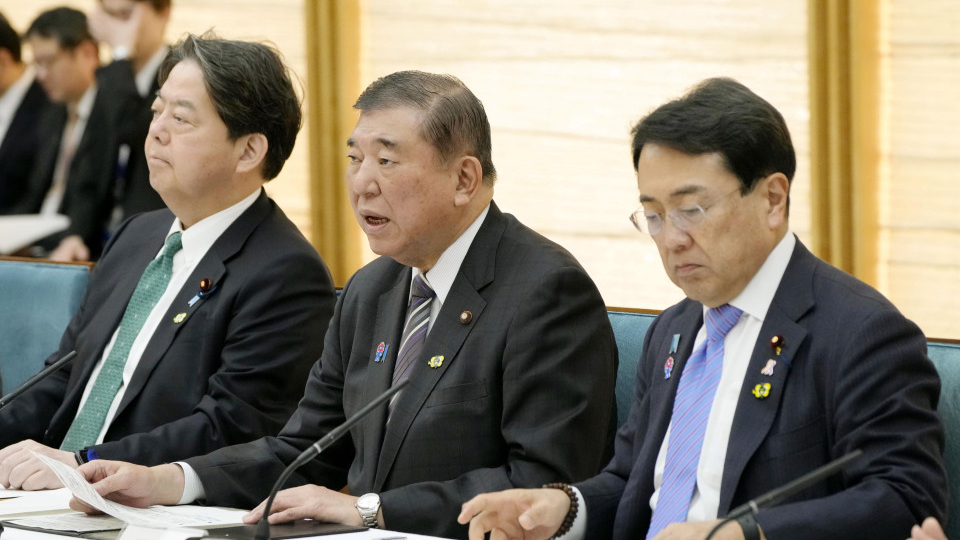Japan’s government has announced a set of emergency economic measures to mitigate the impact of increased tariffs imposed by U.S. President Donald Trump. This announcement comes ahead of the second round of bilateral trade negotiations scheduled for next week.
The relief package focuses on five key areas, including corporate financing support and initiatives to boost consumption. These measures aim to ease concerns that U.S. tariffs could negatively affect Japan’s exports and potentially harm the broader economy.
The administration of Prime Minister Shigeru Ishiba has committed to reducing gasoline and diesel prices by 10 yen per liter, offering subsidies for energy bills, and contemplating expanding low-interest loans for smaller companies starting next month.
At a meeting to outline the package, Ishiba emphasized the need for maximum efforts to alleviate the impact of higher U.S. tariffs. He warned that these tariffs could significantly harm domestic industries such as automobiles and steel, which are crucial to Japan’s economy. Ishiba stressed the importance of cooperation between Tokyo and Washington for mutual benefit.
“It is crucial for us to clearly communicate to the United States that Japanese enterprises contribute significantly to the U.S. economy through investment and job creation,” Ishiba added.
Economic revitalization minister Ryosei Akazawa, a close ally of Ishiba, plans a three-day visit to the U.S. starting Wednesday to negotiate with Treasury Secretary Scott Bessent, the lead negotiator for Japan. This trip is seen as an opportunity for Japan to advocate for exemptions or revisions to the tariffs imposed by Trump, which Tokyo views as a significant threat to global trade stability.
Depending on the outcome of the second round of talks, Ishiba’s government might introduce further measures to prevent a decline in Japanese manufacturers’ performance and a sharp drop in consumer confidence, according to sources close to the matter.
Trump has implemented higher import duties on cars, steel, and aluminum. A baseline 10 percent tariff remains despite a 90-day reprieve for so-called reciprocal tariffs.
— new from Kyodo News+ | Japan’s leading news agency.
